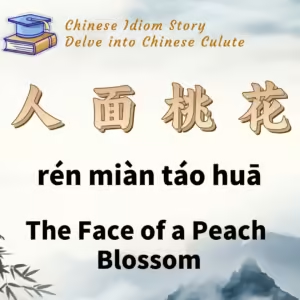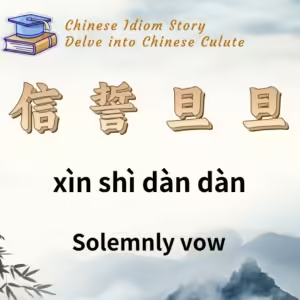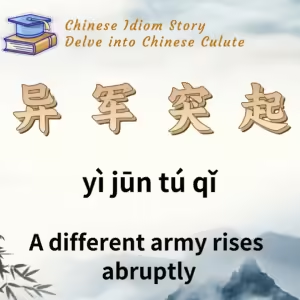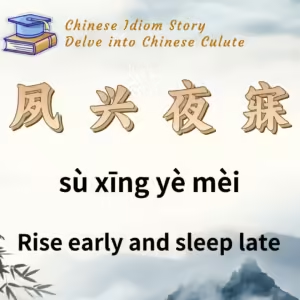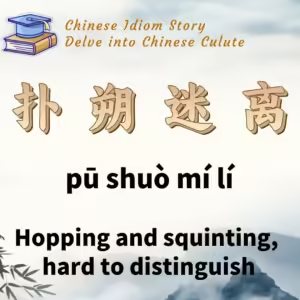
Chinese Idiom: 梅开二度 (Mei Kai Er Du)
English Translation: The plum blossoms bloom a second time
pīn yīn: méi kāi èr dù
Idiom Meaning: This idiom refers to the renewal of a relationship, especially among couples who have reconciled after a separation. It can also symbolize a person who rises again after experiencing misfortune or adversity.
Historical Source: Legend
Idiom Story:
During the Tang Dynasty under Emperor Suzong, there was a beautiful young woman named Chen Xingyuan who lived in the central plains. Her family had a plum tree in their yard, which was in full bloom, exuding a delightful fragrance. One day, unexpectedly, the branches of the plum tree wilted, and the flowers fell off. Chen Xingyuan was puzzled by this sudden decay.
On the same day, Chen’s father, who held an official position, sent a clever and talented boy named Mei Liangyu to assist her. Unknown to them, he was the loyal descendant of a noble family destroyed by treacherous officials. Chen Xingyuan’s heart began to harbor feelings for him, unaware that the plum tree’s decline was a reflection of their fateful connection.
However, their happiness was short-lived. Just as they were about to marry, the northern invaders threatened the Tang Empire, and the emperor dispatched beauties to appease them, selecting Chen Xingyuan for this purpose. As she prepared to leave for the northern frontier, they shared a sorrowful farewell at the Congtai Pavilion in Handan, a common place for tearful goodbyes.
As Chen Xingyuan mournfully walked away, her heartbroken state drove her to the edge of a cliff, where she contemplated suicide. At that moment, she was rescued by the ghost of Wang Zhaojun, a legendary beauty who had also suffered in a similar way in the past. The ghost carried Chen Xingyuan back to her home, ultimately allowing her and Mei Liangyu to reunite and marry.
On their wedding day, the plum tree in Chen’s yard bloomed beautifully once more, filling the air with its exquisite fragrance, symbolizing their renewed love.
This story illustrates the essence of “梅开二度,” representing hope, renewal, and the joy of rekindled relationships.

